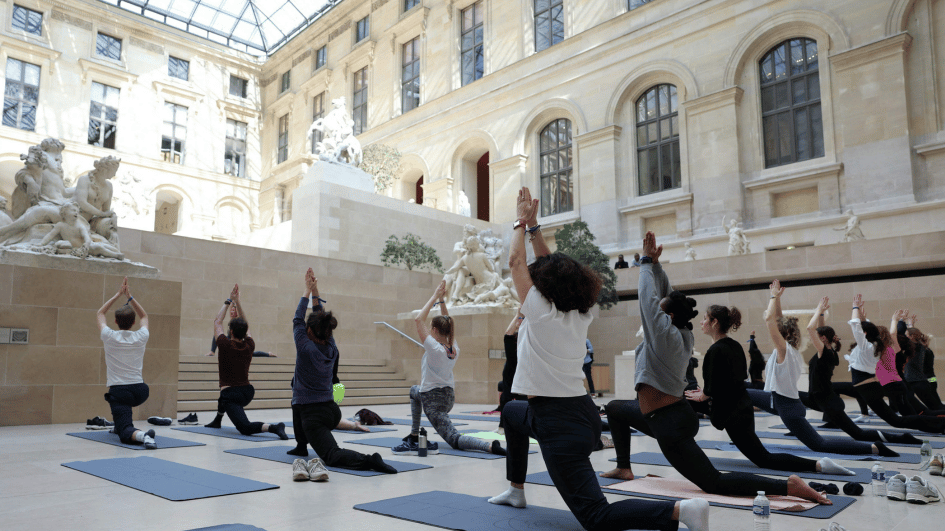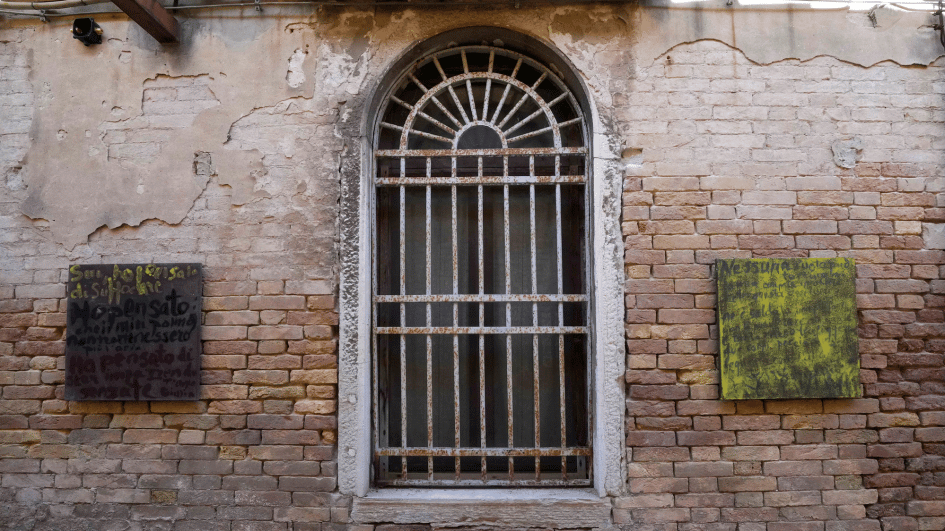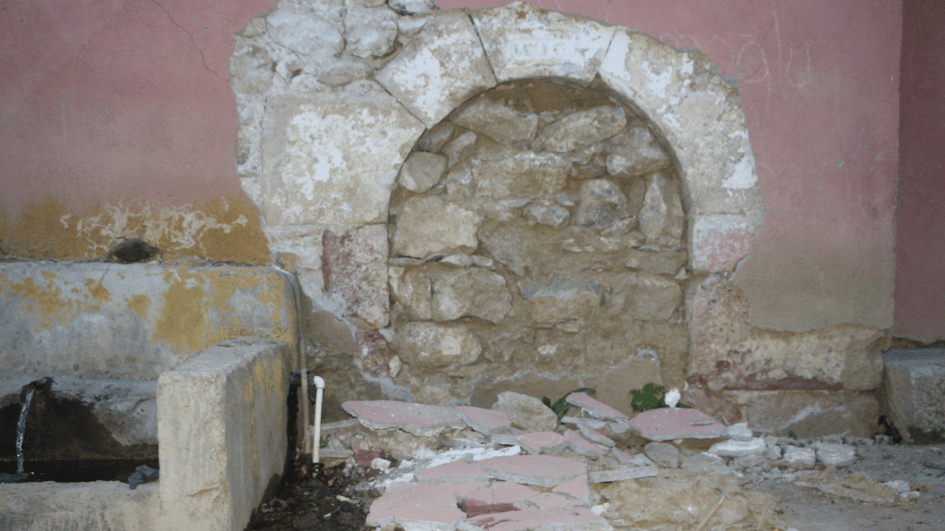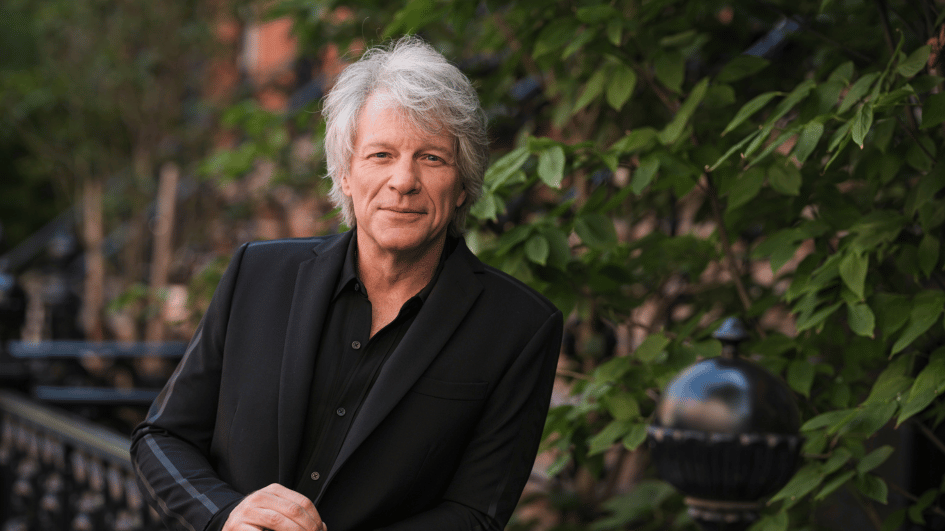Gender inequality is a men’s problem
Despite the fact that it is generally now romanticized into just another commercial day like Mother’s Day or Valentine’s Day, March 8 “Women’s Day” was originally called “International Working Women’s Day.” The U.N. and other international organizations for gender equality, as well as national institutions across the world, now use the day to increase awareness of the subject. That is good because everyone will be made aware of just how desperate the status of women is across the globe - perhaps with the exception of a handful of developed northern democracies.
Figures released by the Turkish Statistical Institution (TUİK) on March 7, for example, show that women in Turkey are three times more disadvantaged than men in the labor force, while the illiteracy rate among women is 9.2 percent, five times that of men.
If it is considered homogenously across the country, these rates might be misleading. In fact, they are much starker in the predominantly Kurdish speaking and more traditional east and southeast of Turkey, compared to the more urbanized and developed central, northern and western regions.
Another study published by the Economic Policy Research of Turkey (TEPAV) on March 7 showed that gender equality in Turkey is best in Istanbul and worst in the conservative eastern city of Bitlis.
But even within Istanbul, which is the size of a country with a population of 15 million, gender equality and the treatment of women changes from district to district. The number of children that families have, their level of education, and their level (and quality) of employment also vary based on whether the district is generally conservative/traditionalist or secular/modernist.
Even in large, modern companies the number of women directors or women on executive boards is quite limited - with the exception of a few big family companies. There is a similar situation in government. Only two provincial governors out of 81 provinces in Turkey (the northern province of Sinop and the western province of Kıklareli) are women. There only two woman ministers in the cabinet (one of them a deputy minister) and no undersecretaries for ministers.
Abuse of women is still a major problem in Turkish society, with news of women murdered or raped every other day on papers or screens. In the Çankaya district of Ankara yesterday (March 7), the municipality renamed a park in memory of Özgecan Aslan, the university student killed in 2015 trying to resist rape by a bus driver and his friend. But on the same day in Istanbul’s Ümraniye district, 27-year-old Demet Karakaş was killed by her husband after she asked for a divorce.
Awareness is rising in the media, which has gradually stopped calling these “honor killings” in line with new laws adopted for harmonization with EU legislation. But it is not enough. There are still many judges who rule for reductions in sentences for killings or abuse of women (and children) based on “good behavior in the courtroom.”
It is difficult to change the law in a male-dominant society. It is even more difficult to change the macho mindset that is the main source of gender inequality.











